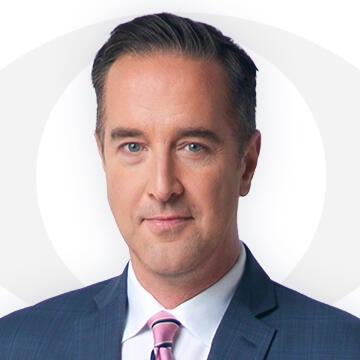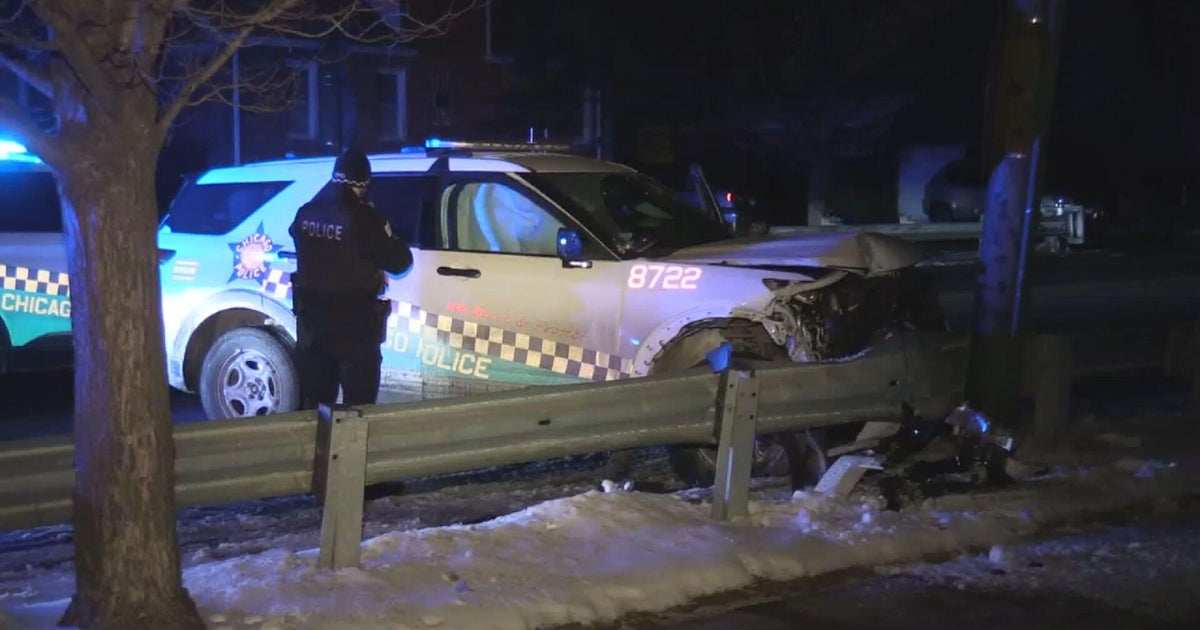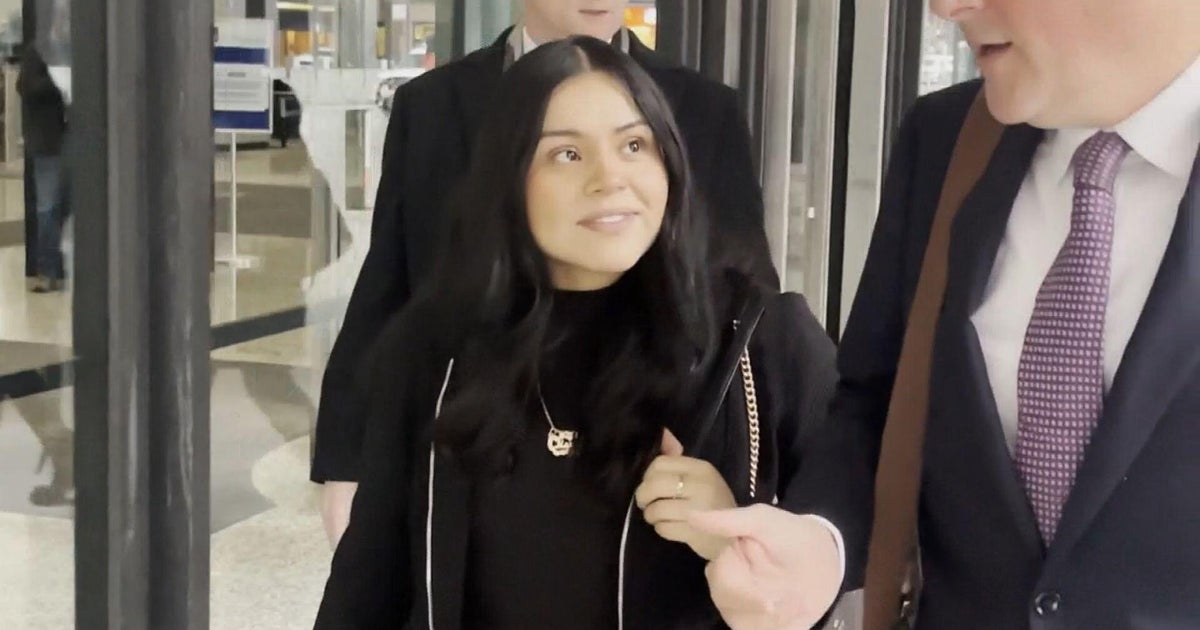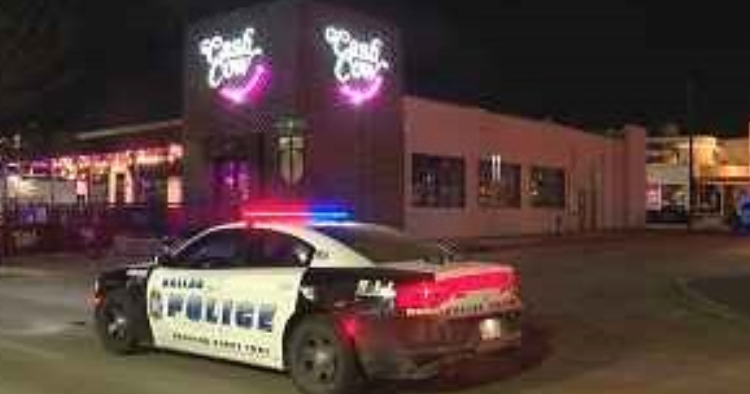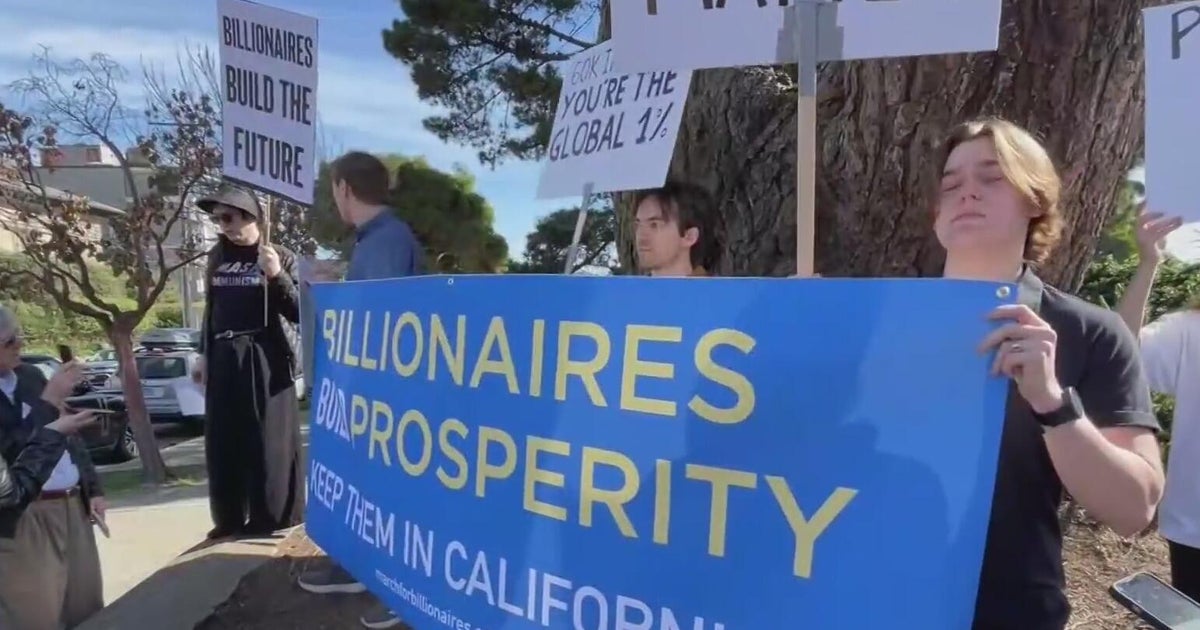Proposed rule aims to keep "biased" group members from becoming Chicago police officers
CHICAGO (CBS) – After the Jan. 6, 2021, insurrection at the U.S. Capitol and the rise of groups like the Proud Boys, there's a new push to tighten who can and cannot be a Chicago police officer.
A new policy is up for a vote on Monday. CBS 2 Political Reporter Chris Tye had more on how the rules could get tightened.
It may be no surprise that if someone is found to be part of a criminal organization, they cannot be a member of the Chicago Police Department.
The existing rule reads, "...prohibiting Department members from membership in or affiliation with criminal organizations and from association with known members of criminal organizations."
The change would widen the net to preclude members and participants in criminal groups from becoming members of CPD. It would add "biased" organizations to the list too.
"Groups that focus on biased conduct don't always commit crimes, but it's conduct is still not conduct that we think is appropriate for Chicago police officers," said Yvette Loizon, a member of the city's Community Commission for Public Safety and Accountability.
Loizon helped write the proposed change, which Chicago's top cop also favors.
"There's no room in the department for those individuals," said CPD Supt. Larry Snelling. "The reason is we have immense power and with that power comes immense responsibility."
On Monday, the CCPSA will vote on the change. Those who drafted the new policy said it isn't always easy to decipher what is and isn't a biased organization.
What set the change in motion was the case of CPD officer Robert Bakker, who the city's inspector general said was associated with leaders of the Proud Boys, which the FBI labeled as an antisemetic white supremacy organization.
Internal Affairs was aware of the case. He was given a 120-day suspension but he remains on the force. If the policy change happens, such a discovery would mark the end of a CPD career.
Loizon said, "We want the people who are serving our communities to be people who embrace the different people in those communities."
Cities like Washington, D.C., Dallas, and New York have similar policies on the books.
CBS 2 reached out to the head of the Fraternal Order of Police in Chicago for his thoughts on the proposed change, but he did not immediately respond.
